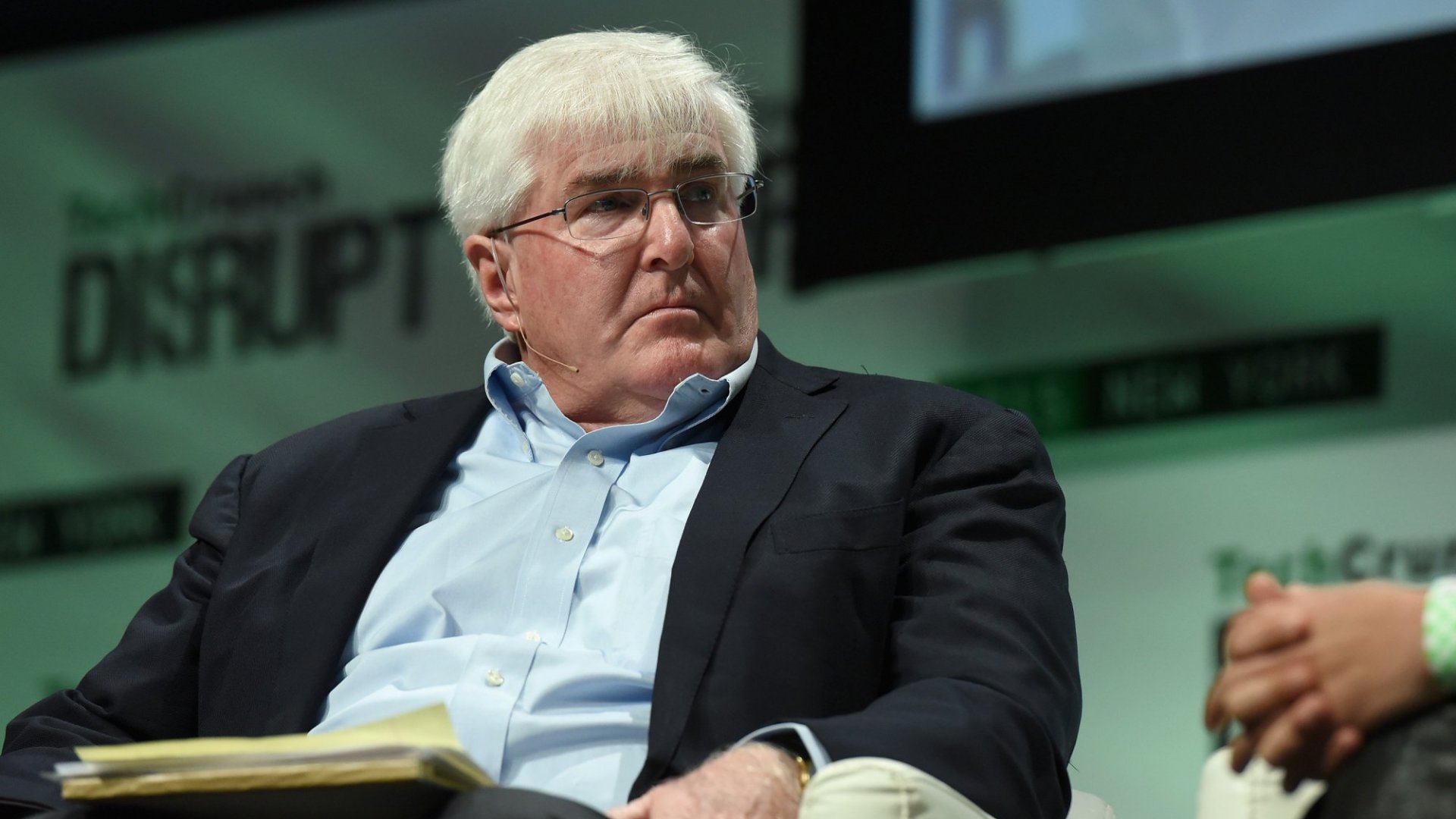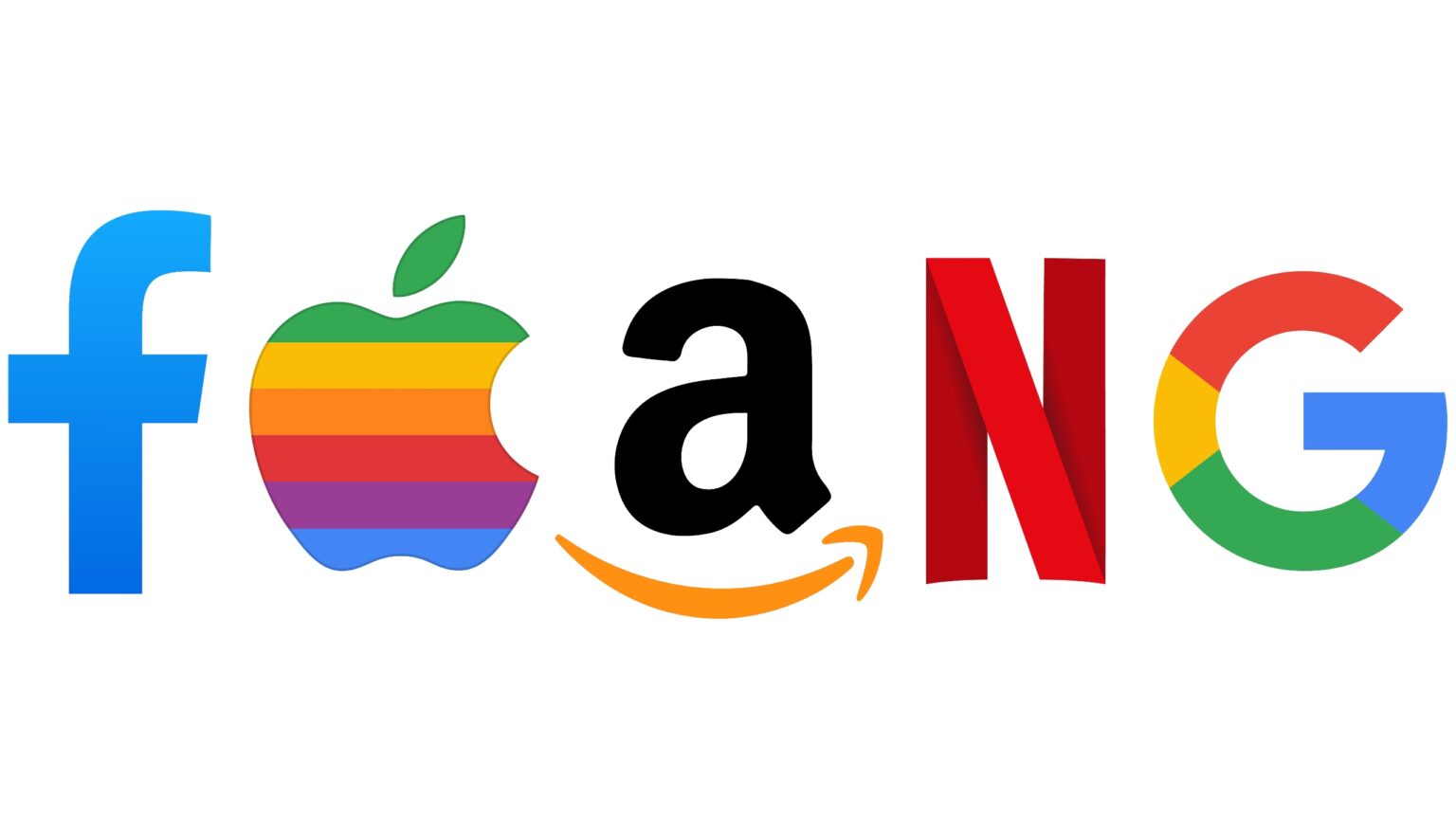Tech leaders, including OpenAI’s Sam Altman, join forces in an open letter by Ron Conway to advocate for responsible AI development, aiming to balance benefits and societal risks.
In the tech industry’s most recent attempt to advocate for the responsible development of artificial intelligence, OpenAI, Salesforce Inc., and other tech companies signed an open letter emphasizing a “collective responsibility” to “maximize AI’s benefits and mitigate the risks” to society.
OpenAI signs open letter to build #AI #responsibly
just days after #ElonMusk sued the company for putting profit ahead of people https://t.co/PdNqGFJlB2 #fintech #ArtificialIntelligence #MachineLearning #GenerativeAI #GenAI @jackiedavalos1 @business @FortuneMagazine
— Spiros Margaris (@SpirosMargaris) March 5, 2024
Risks posed by AI
Since the release of ChatGPT last year and the popularization of the AI sector, many in the industry have simultaneously championed the benefits of the technology and raised concerns about its significant risks.
Also read: US Judge Says Elon Musk’s X May Lose Hate Speech Case
AI leaders, including Altman, signed a letter in May warning that artificial intelligence could lead to the extinction of humanity. The group of business executives stated that the artificial intelligence technology they were developing could one day be as dangerous to humankind as nuclear weapons and pandemics.
According to the statement by the Center for AI Safety, “Mitigating the risk of extinction from AI should be a global priority alongside other societal-scale risks, such as pandemics and nuclear war.”. Over 350 executives, researchers, and engineers working on AI signed the letter. Top executives from three of the top artificial intelligence firms signed the petition: Dario Amodei, CEO of Anthropic; Demis Hassabis, CEO of Google DeepMind; and Sam Altman, CEO of OpenAI.
Signatories to the statement included well-known researchers in the field, including Yoshua Bengio and Geoffrey Hinton, two of the three researchers who won a Turing Award for their work on neural networks and are frequently referred to as the “godfathers” of the modern A.I. movement.
The announcement was made at a moment when worries about artificial intelligence’s possible drawbacks were intensifying. There are concerns that artificial intelligence (AI) could soon be used on a large scale to propagate false information and propaganda or that it could replace millions of white-collar jobs due to recent developments in so-called large language models, the kind of AI system utilized by ChatGPT and other chatbots.

The SV Angel letter
OpenAI CEO Sam Altman expressed his excitement for the letter’s spirit in a post on the social media platform X. The letter was initiated by venture capitalist Ron Conway and his company, SV Angel.
According to Altman, “one of the biggest factors in improving people’s quality of life” will be advancements in AI. The letter also listed Hugging Face, Scale AI, and numerous other startups and tech companies as signatories.
excited for the spirit of this letter, and ron’s leadership in rallying the industry!
progress in ai will be one of the biggest factors in improving people’s quality of life; we need to build it and make it widely available. https://t.co/6GB13ddAT7
— Sam Altman (@sama) March 4, 2024
The impact of AI is contrasted with that of other technological advancements such as the printing press, combustion engine, electricity, and the internet in the SV Angel letter. As stated in the letter, “Human actions and thoughtfulness will shape the balance of its good and bad impacts on humans.” “We must all work together to make decisions that will optimize AI’s advantages and reduce its risks, both for present and future generations.” The letter does not, however, go into detail about how to do so.
Days after Elon Musk sued OpenAI, a market leader in artificial intelligence, claiming the startup had violated its founding mission by prioritizing profit over the good of humanity, a letter was sent. OpenAI expressed its “categorically disagree” stance with Musk’s lawsuit in an internal memo.









 and then
and then